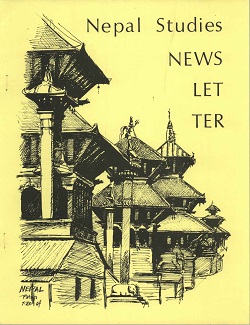Author Biography
Asaf Sharabi is a senior lecturer of Anthropology at Peres Academic Center. His research focuses upon the intersections of religion and modernity in the Hinduism context and in the Jewish context.
Hagar Shalev is a PHD student in Indian Studies at the Hebrew University of Jerusalem. Her Research Interests are Himalayans' religions/ traditions, roots of Yoga, Yogic philosophy and Modern Yoga research.
Abstract
Research literature on the Western Himalayas emphasizes the theistic control of local deities. In the framework of this ruling system, described by the concepts of 'Little Kingdom' and 'government by deity', local deities functioned as gods and kings. They practice their royalty through a concrete divinity notion, aided by human mediums. In this article we will indicate the beginning of a conceptual change in the perception of a local deity named Mahāsū. Although Mahāsū is still perceived as a ruler, his role has become largely symbolic. We maintain that this illustrates how local theistic conceptions adapt to changes in the political and economic-technologic spheres as well as to the influence of pan-Hindu tradition.
Acknowledgements
We would like to thank Arik Moran for his kind help with various drafts of this article. This work was supported by the Haifa University under Grant "Dean's Scholarship" and "The Graduate Studies Authority Scholarship" and by Arik Moran under Grant "NPHH". There is no any financial interest or benefit arising from the direct applications of our research.
Creative Commons License

This work is licensed under a Creative Commons Attribution 4.0 License.
Recommended Citation
Sharabi, Asaf and Shalev, Hagar. 2016. From Ruler to Healer: Changes in Religious Experience in the Western Himalayas. HIMALAYA 36(2).
Available at:
https://digitalcommons.macalester.edu/himalaya/vol36/iss2/7
figure 1.jpg
figure 2.jpg (3574 kB)
figure 2.jpg
figure 3.jpg (2469 kB)
figure 3.jpg
figure 4a.jpg (2035 kB)
figure 4a.jpg
figure 4b.jpg (3678 kB)
figure 4b.JPG


